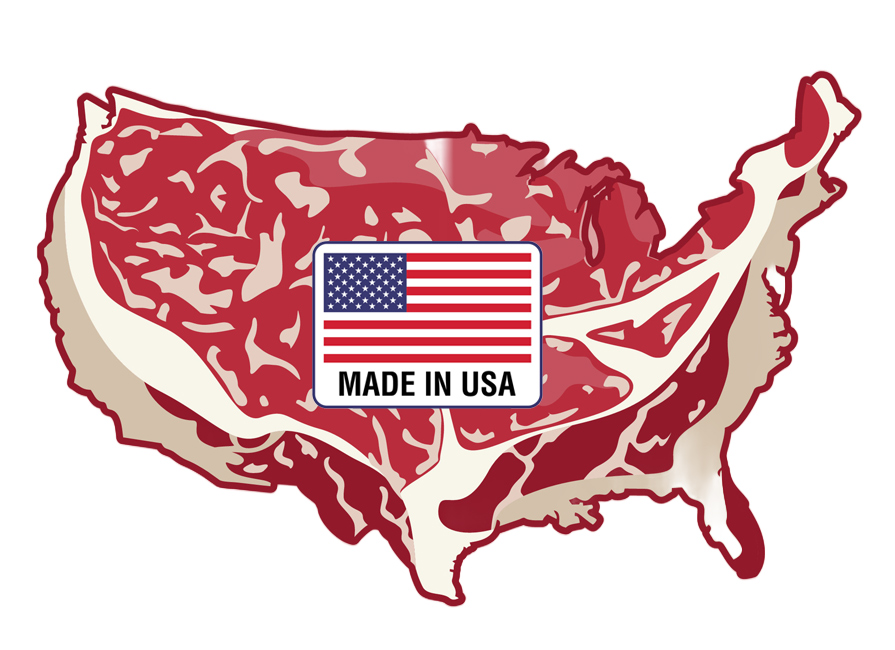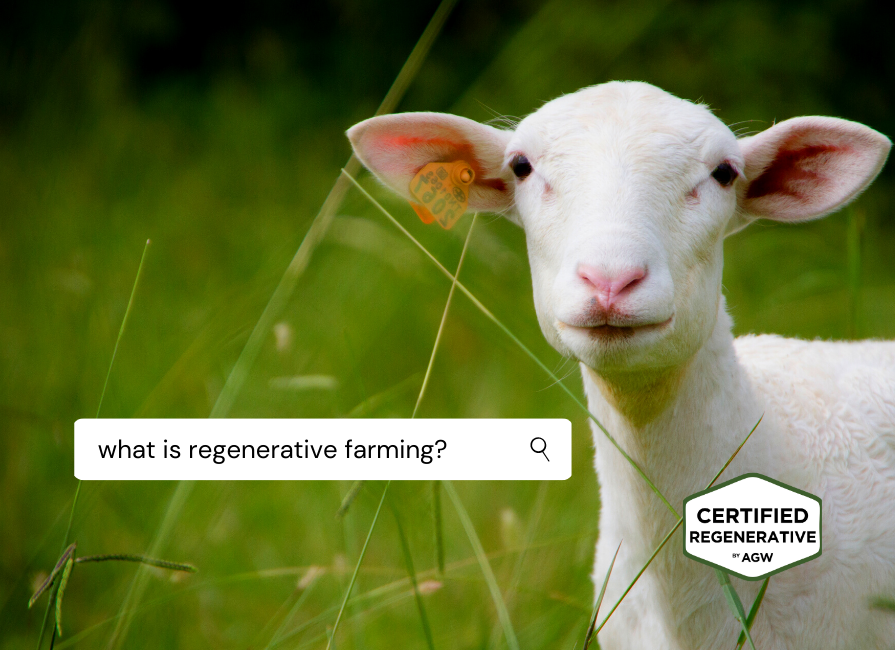In today's increasingly food-conscious world, consumers expect a label to mean what it says—including the…
AWA Helps to Find Solutions to Feral Hogs in North Carolina
 Feral hogs are becoming a real problem in many states, causing millions of dollars of damage to crops and pasture across the U.S. each year. They can also transmit serious diseases to farm animals – and potentially humans. In North Carolina, Animal Welfare Approved staff members are working closely with other local groups to tackle the growing problem of feral hogs in the state.
Feral hogs are becoming a real problem in many states, causing millions of dollars of damage to crops and pasture across the U.S. each year. They can also transmit serious diseases to farm animals – and potentially humans. In North Carolina, Animal Welfare Approved staff members are working closely with other local groups to tackle the growing problem of feral hogs in the state.
While there are some true wild boars in the U.S., most feral hogs are descendants of escaped domestic pigs that have reverted to a wild state. Feral hogs are therefore not a true native wild animal and many states regard them as an invasive species. Feral hogs breed rapidly and are capable of thriving in a wide range of environments – their numbers and the area they cover in the U.S. are both increasing. This is not helped by the widespread practice of hunters who are smuggling live trapped feral hogs from state to state and releasing them on hunting ranches.
Feral hogs cause all sorts of problems. They can destroy native plants and damage woodland and wetland areas. They compete with native livestock for food and other resources and, as omnivores, they will eat eggs and insects if they find them, as well as scavenging dead animals they find. They will also kill and eat young or injured animals – either farmed or wild.
In addition to potential for environmental damage, feral hogs also cause concern because they can carry serious diseases that can be transmitted to other farmed livestock – and humans. Some studies show that up to 20% of all feral hogs are infected with brucellosis, a disease that causes abortion and infertility in other pigs and gives humans severe flu-like symptoms. Feral hogs may also spread the pseudorabies virus (PRV) and a range of parasites that could cause significant economic problems for commercial pig farmers.
Animal Welfare Approved applauds the efforts of North Carolina to come to grips with the issue and we are proud to be participating in the North Carolina Feral Swine Study Committee. This group is comprised of 14 stakeholder groups and was formed to discuss the growing concerns about feral swine in the state. The aim of the Study Committee is to work on solutions to the problem of feral hogs that already live in the state, as well as those that are imported.
Experience of the problem in other states tells us that there is no single answer to controlling the feral hog problem in North Carolina. Instead, we are going to need a range of different options involving cooperation between farmers, hunters, wildlife services and others. The study group’s discussions are at an early stage and so far include options to exclude feral hogs from commercial hog operations – for example, using electrified fencing, health testing pigs before they are moved from place to place, and restrictions on importing feral hogs from outside the state or releasing those that are trapped.
As a group, we need to work together to find solutions that will help all farmers – regardless of whether they are large or small, pasture-based or intensive. We also need to ensure that any solutions put forward are not too costly, that they are achievable and, above all, effective. Animal Welfare Approved looks forward to our continued work in this forum – we’ll keep you posted on our progress.


